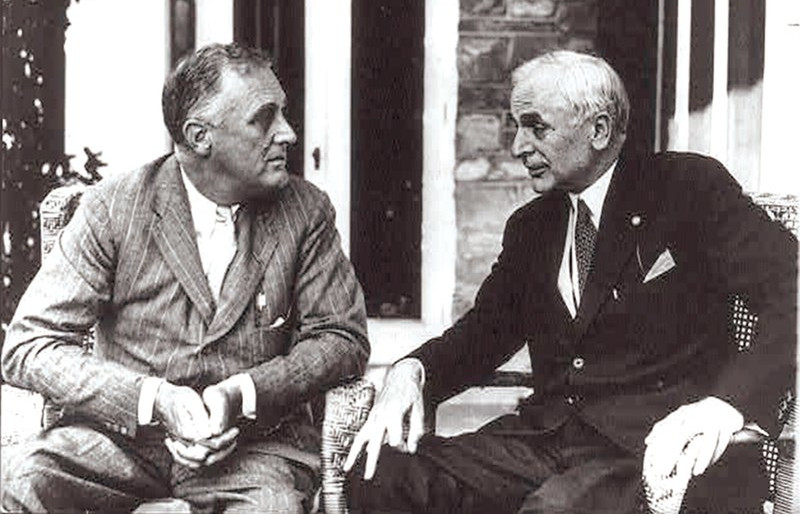Raymond Queneau’s 1947 book Exercises in Style tells the same story in 99 different ways, from telegram to ode:
Narrative:
“One day at about midday in the Parc Monceau district, on the back platform of a more or less full S bus (now No. 84), I observed a person with a very long neck who was wearing a felt hat which had a plaited cord round it instead of a ribbon. …”
Apostrophe:
“O platinum-nibbed stylograph, let thy smooth and rapid course trace on this single-side calendared paper those alphabetic glyphs which shall transmit to men of sparkling spectacles the narcissistic tale of a double encounter of omnibusilistic cause. …”
Sonnet:
“Glabrous was his dial and plaited was his bonnet,
And he, a puny colt — (how sad the neck he bore,
And long) — was now intent on his quotidian chore —
The bus arriving full, of somehow getting on it. …”
In response, Colin Crumplin’s 1977 book Hommage à Queneau features 100 different drawings of a cup, and Philip Ording’s 99 Variations on a Proof proves the same mathematical result in 99 different ways.



